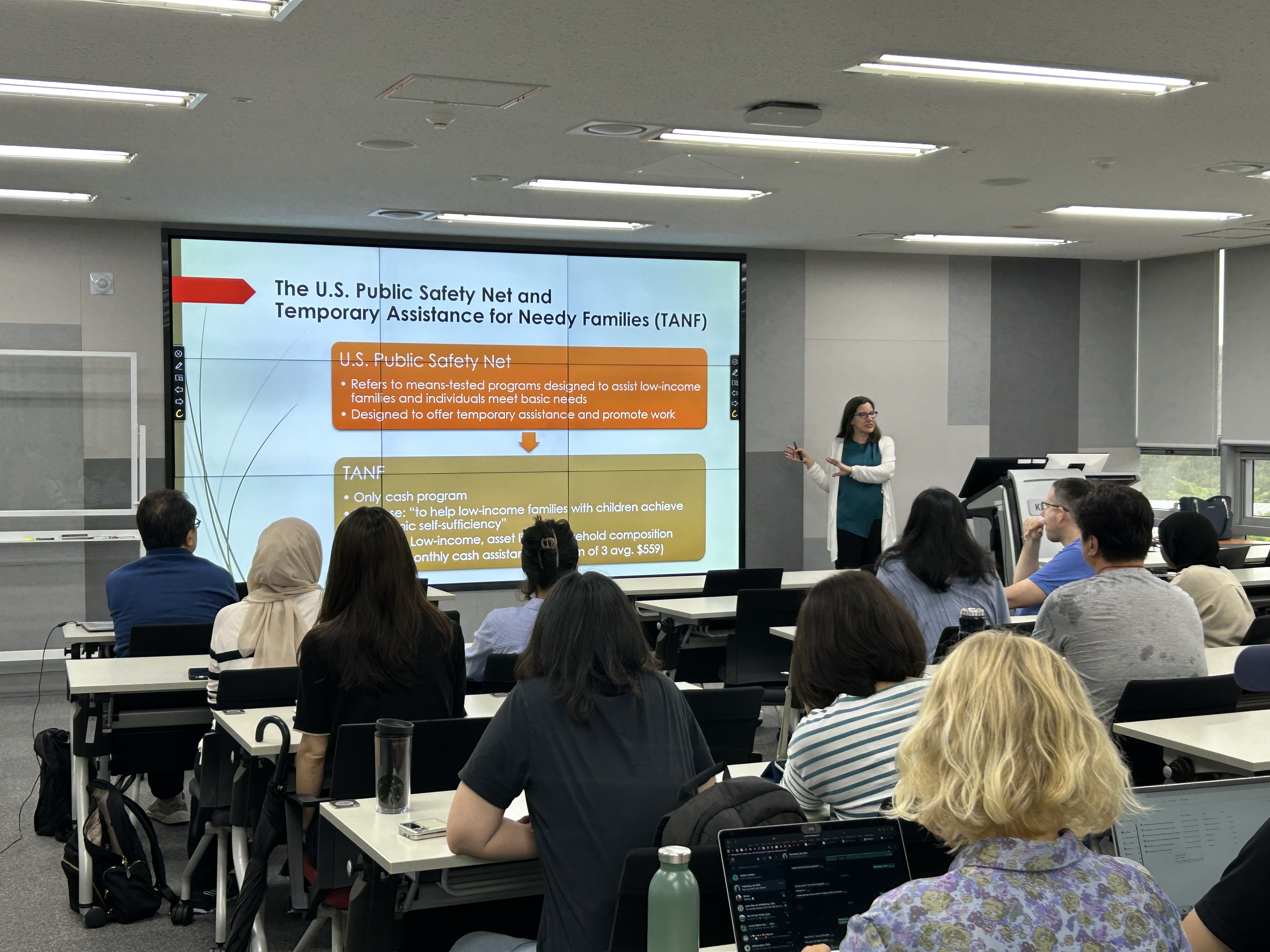The interplay between health systems and the life sciences is a critical driver in the discovery and development of new therapies and cures. This symposium was designed to provide insight into the respective roles of health systems and the life sciences that foster the development of lifesaving and life-enhancing research and solutions. This half-day event included several panel discussions and included representatives from select health systems, pharmaceutical and life science companies, and patient advocates. The audience consisted of students, faculty, healthcare executives, industry representatives and the media. The symposium included three panels of approximately 50 minutes each followed by questions from the audience.
EVENT AGENDA
1:00 – 1:10 p.m. Welcome
- Stuart Shapiro, PhD, Professor and Dean, Edward J. Bloustein School of Planning and Public Policy
1:10 – 1:35 p.m. Introductory Keynote
- Tom Hubbard, MPP, Senior Vice President of Policy Research, NEHI-Network for Excellence in Health Innovation (Boston)
1:40-2:40 p.m. Panel 1: Conducting and Funding Research
Included will be a review of the value of publications, presentations and collaborative meetings. Examples from the recent COVID-19 experience will be illustrative. What is the value proposition for health systems to establish research initiatives? Where does the private sector fit into this model? How successful are these initiatives? What barriers exist that stymie basic research? What is the role of “development” stage research where private funding is more applicable—e.g., government’s role to create a venture-based ecosystem to fund startups that advance the basic research into technologies with practical application.
- Moderator: Chris Molloy, PhD, RPh, University Professor, Associate Director of BioPharma Alliances in Oncology, Rutgers Cancer Institute of New Jersey
- M. Maral Mouradian, MD, Vice Chancellor, RWJ Medical School and Director of the Institute for Neurological Therapeutics, on staff at RWJBarnabas Health
- Robert Post, MD, Director of Research and Chair of Family Medicine, Virtua Health
- Scott Bruder, MD, PhD, Founder & CEO, Bruder Consulting and Venture Group
- Sandra Powell-Elliott, MBA, Chief Innovation and Commercialization Officer, Hackensack Meridian Health
2:45 – 3:45 p.m. Panel 2: The Interplay Between External Industry and Health Systems
Discussion including clinical trials, patent relationships, and funding. Recommendations for improving the system will be encouraged. How are clinical trials conducted by health systems? What barriers exist that limit access to clinical trials? How are medical devices and clinical innovations pursued in the health system setting? What role does government play in this relationship? How are decentralized clinical trials conducted (e.g., COVID-mediated innovation) – leveraging data, artificial intelligence and machine learning for improving clinical trial design and analytics.
- Moderator: Eduardo Schur, Partner/Principal, Commercial and R&D Lead Health Sciences & Wellness, EY Life Sciences; Senior Health Administration Fellow, Edward J. Bloustein School of Planning and Public Policy
- Tim Sullivan, CEO, New Jersey Economic Development Authority (NJEDA)
- Reynold Panettieri, MD, Vice Chancellor, Director of the Rutgers Institute for Translational Research and Science; on staff at RWJBarnabas Health
- Atul Grover, MD, PhD, Executive Director, Research and Action Institute, Association of American Medical Colleges (AAMC)
- Eric Whitman, MD, Medical Director, Oncology, Atlantic Health System
- Stephanie Petrone, CCRA, MT, Navigate Clinical Consulting
3:50 – 4:50 p.m. Panel 3: Ethics and Equity in Research
A regulatory overview and discussion of government and industry concerns. Are changes necessary to enrich the research and outcomes? Are efforts underway to expand patient access and treatment initiatives? Is the system fair? Do opportunities exist in other healthcare settings, e.g., home health, outpatient facilities, etc.?
- Moderator: Francis Barchi, PhD, MBE, MSc, Professor, Edward J. Bloustein School of Planning and Public Policy, Core Member, Rutgers Institute for Health, Health Care Policy and Aging Research
- Marco Taglietti, MD, President and CEO, Scynexis, Inc.
- Christina Johnson, MD, PhD, Atlantic Medical Group Health Equity Lead Physician
- Manan Shah, LLM, MBA, MPP, Vice President and Head of Global Health Equity & Policy Partnerships, BMS
4:50 – 5:00 p.m. Closing Remarks
- Professor Ellen Kurtzman, PhD, MPH, RN, FAAN, Program Director for Rutgers Master of Health Administration; and Dean Paranicas, JD, President & CEO, Healthcare Institute of New Jersey
5:00 – 7:00 p.m. Networking Reception
SPECIAL THANKS TO OUR SPONSORS





